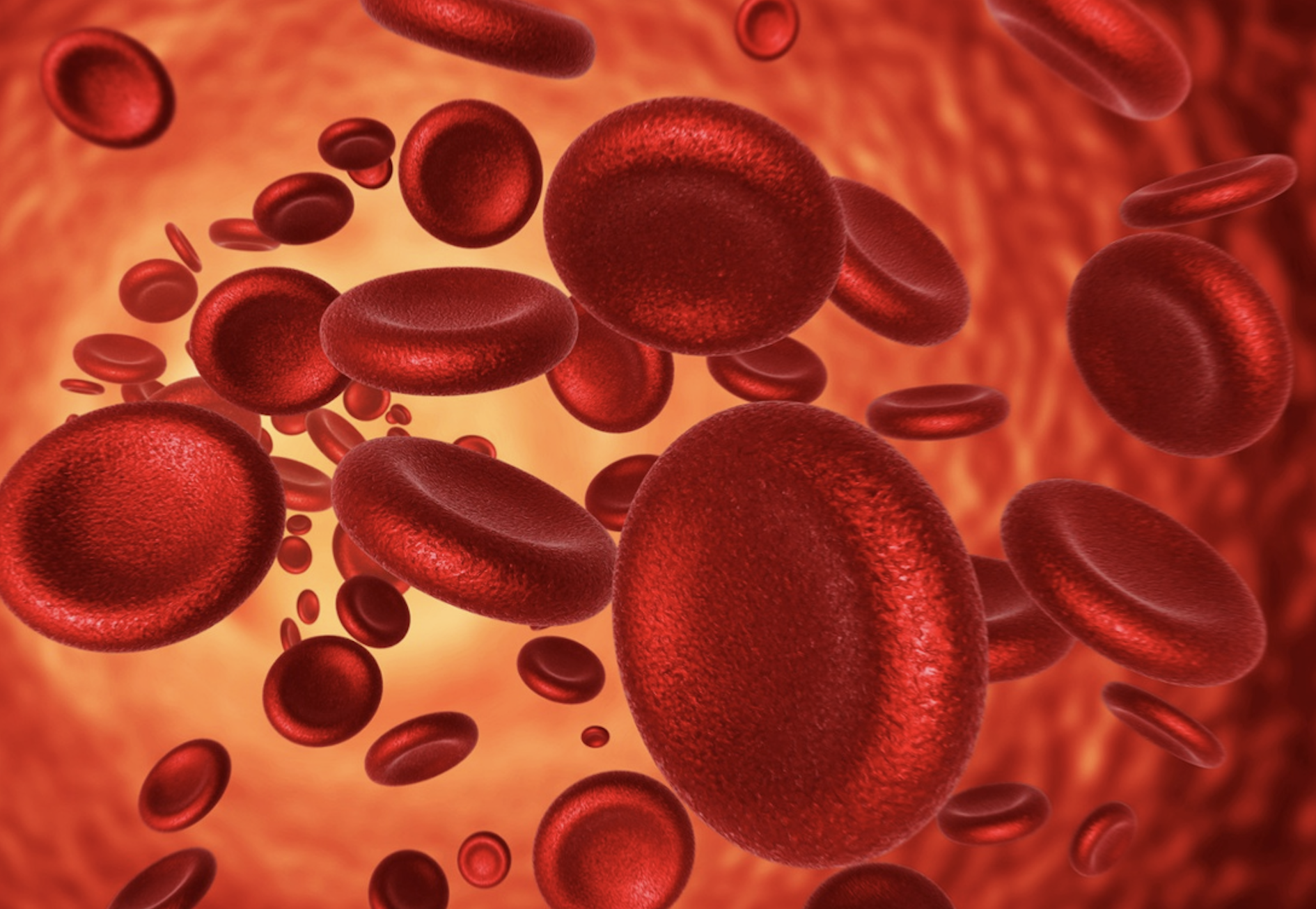I wrote this blog because I still see a lot of confusion among many people when it comes to vegetable and animal fat, and I get a lot of questions about that. It’s a shame if you (like me) consciously choose to eat a plant-based diet, in whole or in part, and still get something worse for your health than you think! Through this blog, I try not to recommend butter but only explain the differences between butter and vegetable margarine.

Butter is a natural product, unlike vegetable margarine. Naturally, butter also contains saturated fat, like all animal products. However, a large proportion of these fats are mono-saturated fats that belong to healthy fats, and the amount of trans fatty acids in butter is minimal and natural. These trans fats are not bad for health, in contrast to trans fats created by a chemical process during the hardening of unsaturated fats. Unfortunately, there are still many people who choose margarine because they think that everything that is animal is, by definition, worse than a vegetable version. This does not apply to all products.
Trans fats
In recent decades we have been told we should eat margarine to prevent heart problems. People with high cholesterol levels, in particular, believe the advertisements that say that margarine is better. It appears to be very difficult to change a conviction once acquired. That is why many people cannot believe that butter is better than margarine. They have been eating margarine for years, and they may even be under the control of a heart specialist and get all sorts of health complaints without knowing that margarine is one of the culprits. And they don’t switch to butter because they think it’s unhealthy. Leading cardiologists have shown that saturated fat, such as in butter, is much less bad than the trans fats found in margarine. So, it’s time to let go of the fear of using butter.
“Saturated fat is not a problem for our heart”
“Saturated fat is not a problem for our heart, while products with a low-fat percentage are usually packed with sugars. Butter is not as bad for our hearts as it is claimed.” That’s what cardiologist Aseem Malhotra from Croydon University Hospital London states in the leading publication of the British Medical Journal. He adds that it is time to break the myth. The heart specialist also says that statins (cholesterol-lowering drugs) are widely being prescribed because the government is obsessed with the desire to lower cholesterol and reduce heart disease. In practice, it appears that the side effects of the drugs are detrimental to the millions of people who take them every day and that those side effects overshadow the benefits.
Eliminating fats increases the risk of heart disease
Trans fats that are found in fast food, bakery products, and margarine are a problem, Malhotra writes in the British Medical Journal. But saturated fats in butter, cheese, and meat are another topic.
The persistence of the idea that saturated fats must be eliminated from our diet has actually increased the risk of cardiovascular disease. An estimated 17 million people die from these diseases worldwide each year. Recent scientific studies have shown that there is no connection between the consumption of saturated fats and cardiovascular disease. “Saturated fats have a protective effect,” says Malhotra.
He adds that which products we get saturated fat from makes the difference. Butter contains, among other things, vitamin D, calcium, and phosphorus. A deficiency of vitamin D is linked to a higher risk of heart disease. Calcium and phosphorus may lower blood pressure. Of course, we can get vitamin D, calcium, and phosphorus from other foods such as fresh vegetables, nuts, and (for people who are not plant-based) fish, but the point here is that butter has more advantages over vegetable margarine than lately thought. Processed meat is linked to a high risk of heart disease and diabetes, but that does not apply to pure unprocessed meat, though that does not mean that it is good to eat meat often. Processed meat contains many additives, such as food additives and sugar. And that makes processed products unhealthy and harmful to our bodies.
Added sugars
Malhotra says that people mistakenly believe that low-fat products are better for their health or that they help them to lose weight, but most low-fat products are packed with added sugar. He has calculated that, for example, each pack of half a liter of milk with 0% fat and a flavor contains an average of 15 teaspoons of added sugar. This means that people who consume such a product daily receive an average of 75 teaspoons of sugar per day. According to Malhotra, pure butter and unprocessed cheese are better than low-fat spreads. Instead of taking statins, people with an increased risk of cardiovascular disease should adhere to a diet rich in fruits, vegetables, olive oil, nuts, and fish. In Great Britain, for example, eight million people regularly take statins. All of these drugs do not seem to have an effect on the number of deaths from cardiovascular disease. The cardiologist says, “Instead of taking drugs to lower cholesterol, wouldn’t it be better to serve real food?”
All in all, natural products are always better than processed. Organic butter is, therefore, a better choice, at least for people who do not eat entirely plant-based foods. But here, too, a rule applies—everything in moderation. Also, one disadvantage of butter is that it contains a very small amount of lactose, so it can cause people with bowel problems and lactose intolerance to suffer.
Source: British Medical Journal





